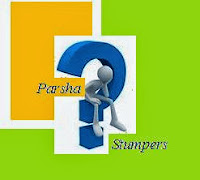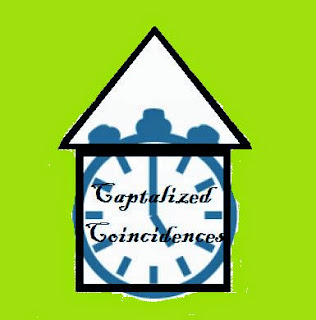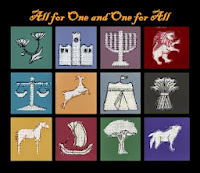Parshas Nasso - Parsha Stumpers

~ Something to Think About ~ פרשת נשא Parsha Stumpers By: Daniel Listhaus 1. Why is the parsha of sotah so serious that based on suspicion we give her to drink from the bitter waters to determine whether she is guilty? We do not find this by other aveiros. For example, one who we suspect killed someone else, there is no potion to give him to determine his guilt, rather he is innocent until 2 witnesses come and go through the long process of demonstrating that their story is true and that the man is guilty? 2. Rashi (7:11) writes that Moshe did not know which order the n'si'im should bring their offerings: if it should be in age-order or in order of their travels. Why was Moshe unsure though, Hashem had not yet commanded Moshe the order of their travels so that should not have even been an option? 3. Why does the Torah repeat each karbon brought for each of the nasi'im? They are exactly the same! Why not just write it once and say...


